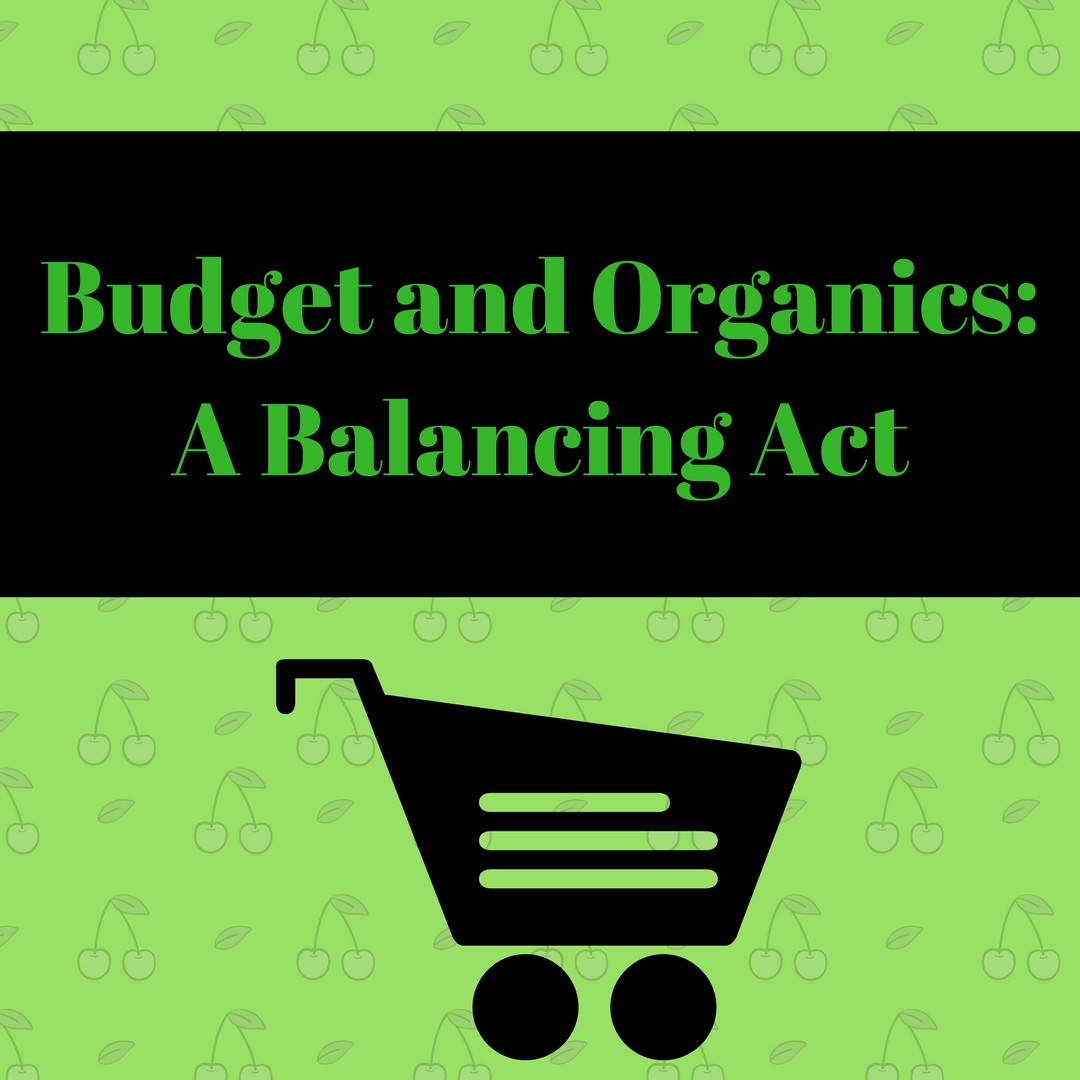
Budget and Organics: A Balancing Act
When I first became a mother I wanted to make sure I fed my son only the best, high-quality foods. It was really important to me to avoid pesticides and feed him organic foods. At first, I was successful. I was making my own baby foods at home from all organic produce, and eventually meats as well. Then he started needing to eat more and more and I could no longer afford to buy him all organic. I needed to find a way to balance my budget with organics.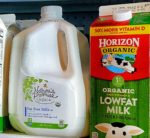 I started by looking at the types of foods I was buying. I knew milk would have a lot of added hormones and chemicals if not buying organic, making that worth the extra money. Meat is another product that can have a lot of added hormones. However, buying all organic meat was killing my budget.
I started by looking at the types of foods I was buying. I knew milk would have a lot of added hormones and chemicals if not buying organic, making that worth the extra money. Meat is another product that can have a lot of added hormones. However, buying all organic meat was killing my budget. I came to the realization that there are many non-organic meat producers that don’t add all the extra hormones but don’t qualify as organic. Now when I buy meat, instead of only going for the organic brands I will look at the packaging and find the ones without added hormones and antibiotics. They are still a little pricier than the “regular” meats but are also significantly cheaper than the true organic.
I came to the realization that there are many non-organic meat producers that don’t add all the extra hormones but don’t qualify as organic. Now when I buy meat, instead of only going for the organic brands I will look at the packaging and find the ones without added hormones and antibiotics. They are still a little pricier than the “regular” meats but are also significantly cheaper than the true organic.
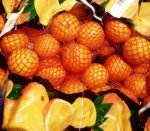
 When it came to making decisions on fruits and vegetables I was having a much harder time. I knew that certain things like bananas and oranges would be ok to buy non-organic since the peel (mostly) protects the actual fruit. Beyond these few foods, I was still at a loss.
When it came to making decisions on fruits and vegetables I was having a much harder time. I knew that certain things like bananas and oranges would be ok to buy non-organic since the peel (mostly) protects the actual fruit. Beyond these few foods, I was still at a loss.
Then I started doing a lot of research, finding out what foods would have more chemicals and pesticides and which ones have less. This is how I found out about the Environmental Working Group (or EWG). They create a shopping guide that ranks produce based on testing by the USDA and the FDA. The rankings are then determined based on six different factors:
- Percentage of commodity with pesticides detected
- Percentage of commodity with two or more pesticides
- Average number of pesticides detected on a single sample
- Average amount of pesticides detected on a single sample
- Maximum number of pesticides detected on a single sample
- Total number of pesticides detected on commodity
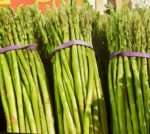 Using all this data the EWG ranks fruits and produce. In order to come up with a good balance between my budget and organics I looked at two different lists, the “dirty dozen” and the “clean fifteen”. Anything that is on the dirty dozen I make sure to buy organic and anything on the clean fifteen I don’t even look at the organics! Here are the two lists, I have this printed and bring it with me to the grocery store:
Using all this data the EWG ranks fruits and produce. In order to come up with a good balance between my budget and organics I looked at two different lists, the “dirty dozen” and the “clean fifteen”. Anything that is on the dirty dozen I make sure to buy organic and anything on the clean fifteen I don’t even look at the organics! Here are the two lists, I have this printed and bring it with me to the grocery store:
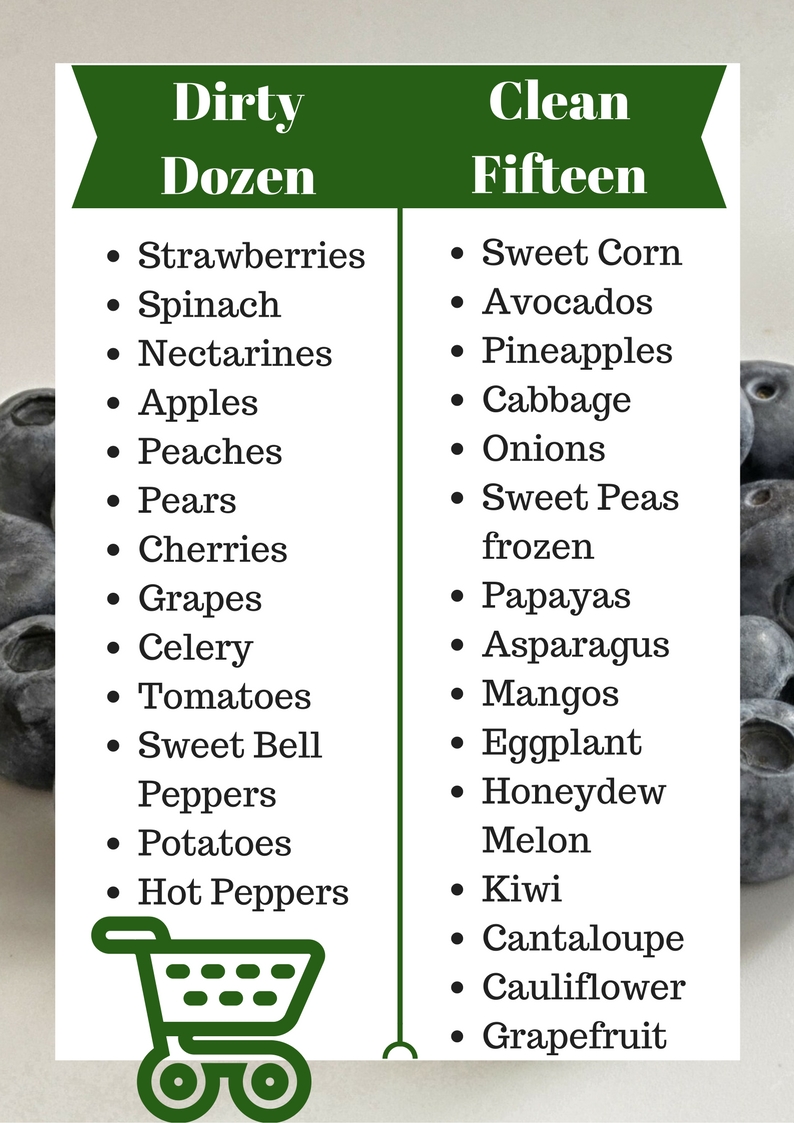
Now there are several types of fruits and vegetables that are not on these two lists.
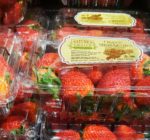
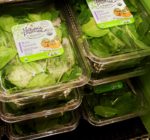 Most of these will fall somewhere in between. If you are interested in the full list, visit the EWG website. Personally, I make my decisions on these based on my weekly budget. If it allows it, I’ll buy organic. If not, I don’t. Simple as that. When I plan out my grocery list I try and pick only a few items off the “dirty dozen” list so that I can stay within budget.
Most of these will fall somewhere in between. If you are interested in the full list, visit the EWG website. Personally, I make my decisions on these based on my weekly budget. If it allows it, I’ll buy organic. If not, I don’t. Simple as that. When I plan out my grocery list I try and pick only a few items off the “dirty dozen” list so that I can stay within budget.
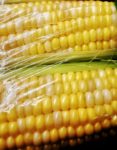 We all want to feed our children the best that we can. Organics are very healthy and I would love to return to feeding my son all organic. Maybe when I hit the lottery and no longer have to worry about money (haha). Until then every week at the grocery store will continue to be a balancing act.
We all want to feed our children the best that we can. Organics are very healthy and I would love to return to feeding my son all organic. Maybe when I hit the lottery and no longer have to worry about money (haha). Until then every week at the grocery store will continue to be a balancing act.
What is important to you when deciding what foods to buy and what information do you use to decide what to buy organic?

A note about organics: Certified organic does not necessarily mean cleaner or healthier. It is a term used for farmers that adhere to certain standards and guidelines. Some organic farmers still do use pesticides so if you are like me and a little crazy about this topic you would need to do research on the actual farms if this is your biggest concern. I do the best I can to choose foods and farms that will have lower levels of pesticides. Beyond that, being organic does not make the food cleaner. In order to eat as clean as possible I am planning on starting my own garden once I own a house. Growing my own food is the only way to know 100% what is going into my food.
For more about the myths of organic farming read this article by Christie Wilcox featured on Scientific American.
Follow Me!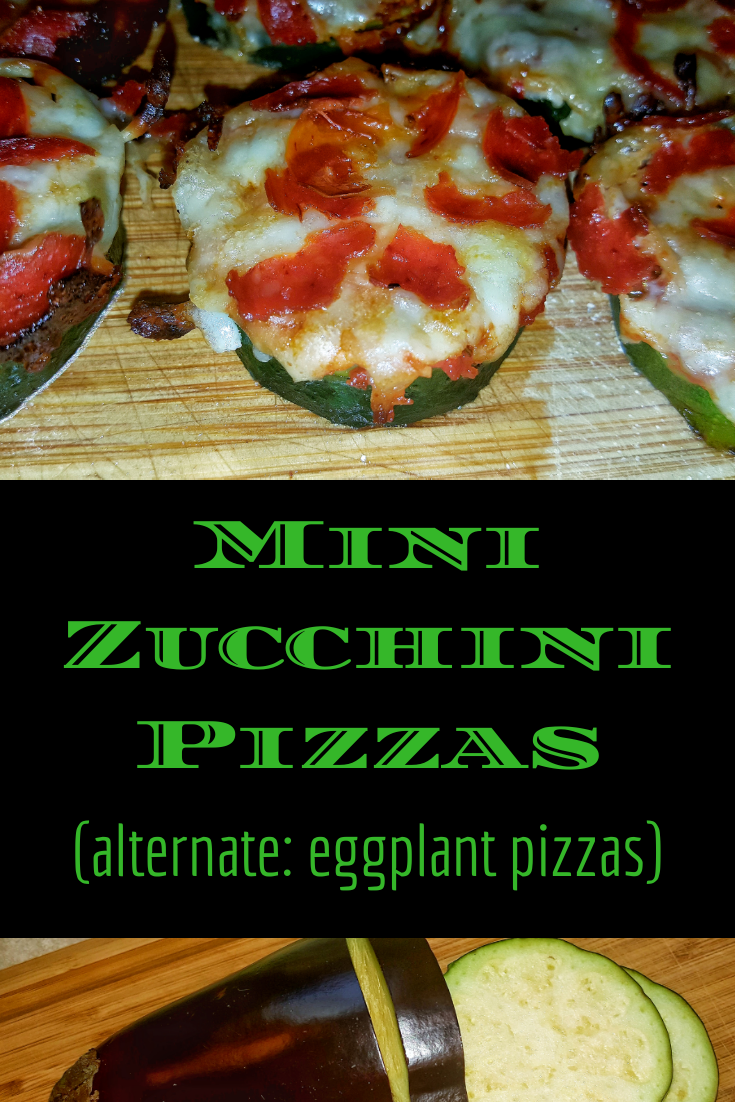
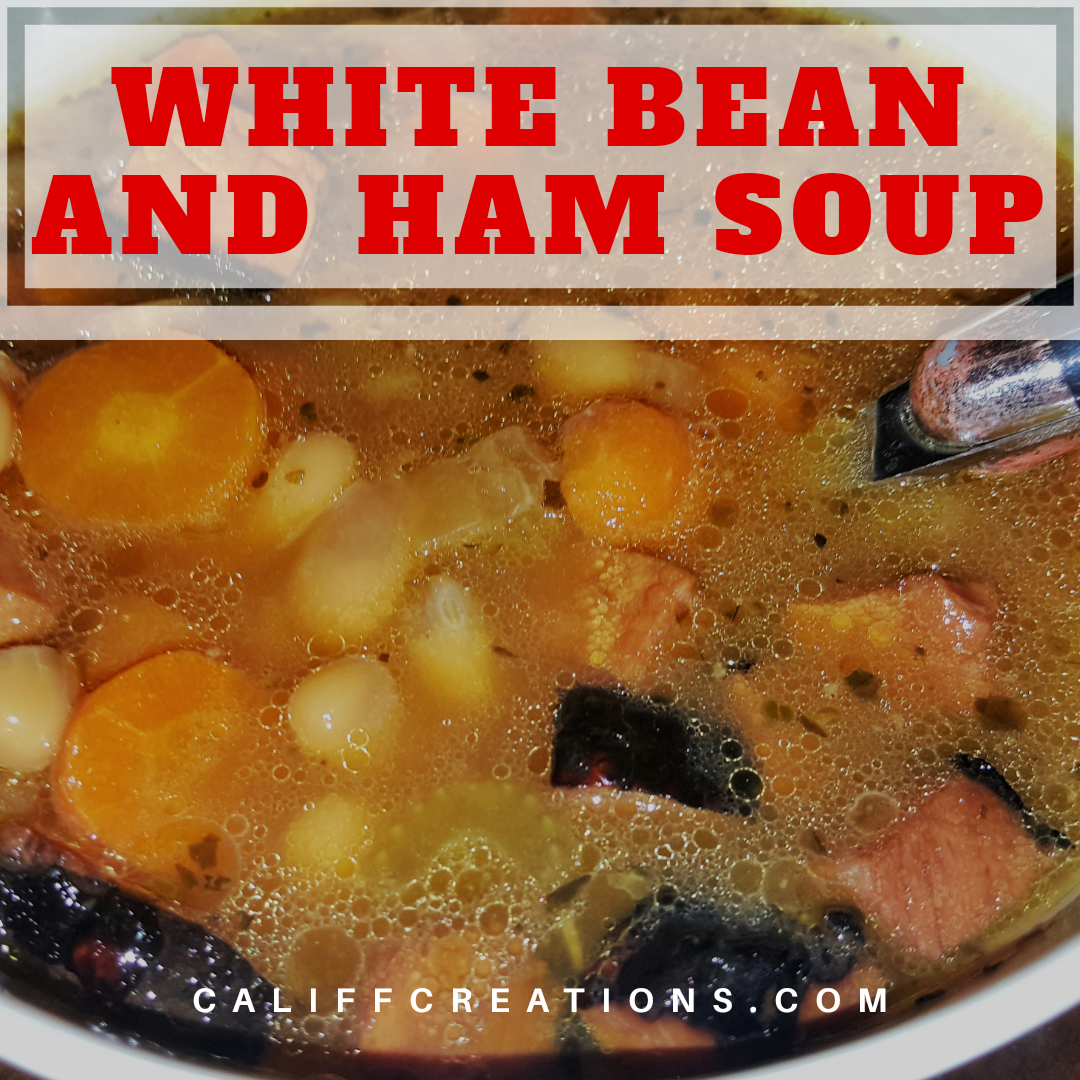
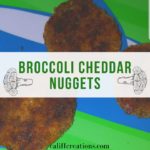
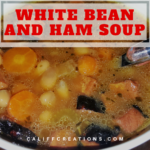
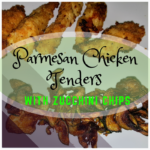
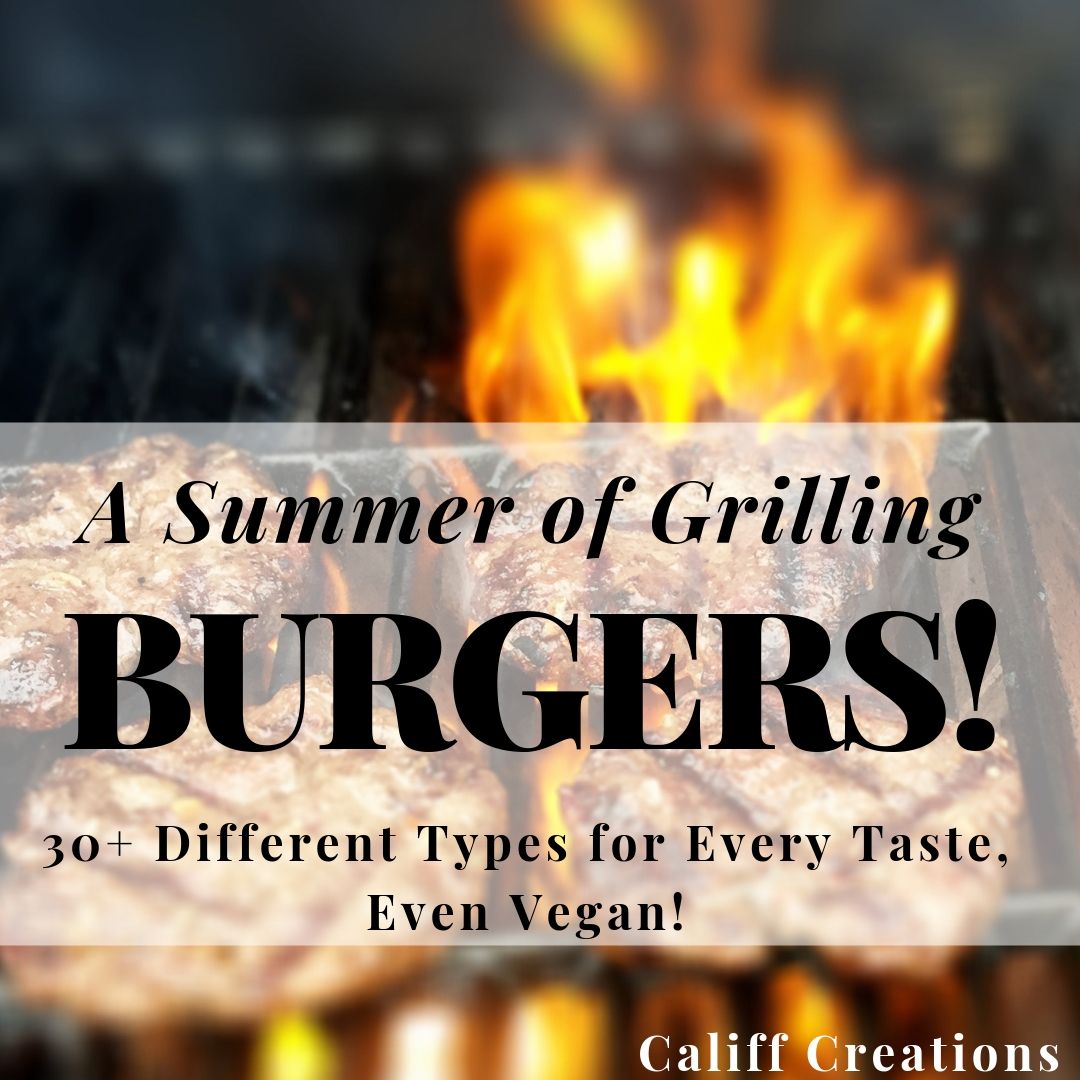
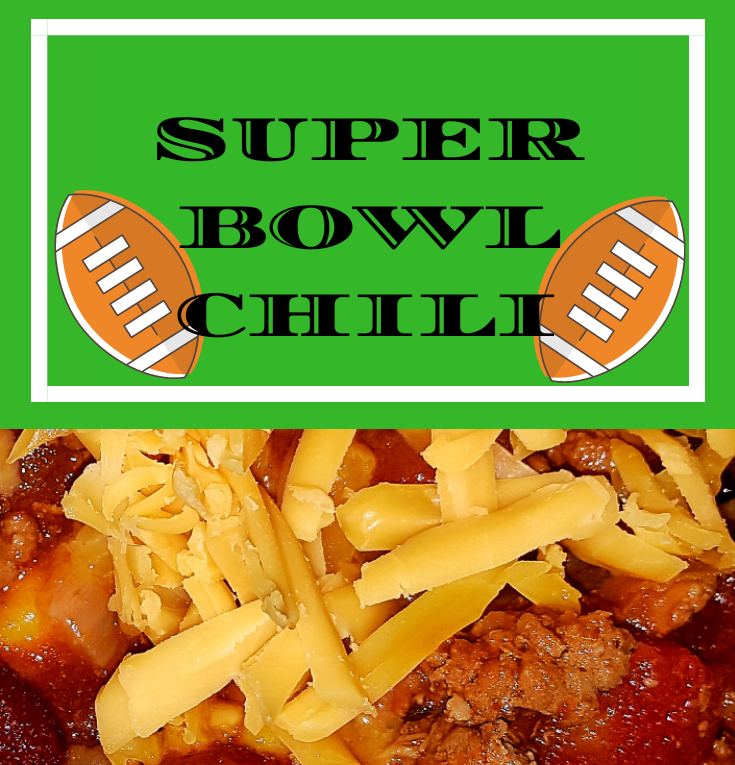
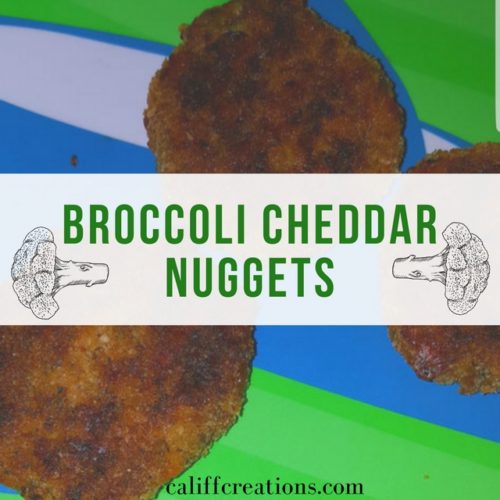


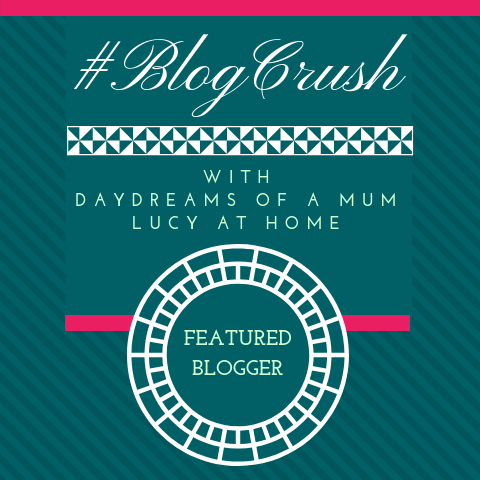
10 Comments
Ashley
This makes me want to start eating more organic food. I didn’t know about the Dirty Dozen! Great post.
admin
Thank you! It’s really a preference since it’s not something that is important to everyone. I like to be cautious.
Jamie Lynn | Hectic Mommy Material
This is a handy list to have. I too like to buy organic whenever I can. Sometimes it is hard to find them at a good price especially the milk. Organic even taste so much better!
admin
I agree. It’s not for everyone but for those who like organic it’s good to know which are “dirtier” and which are “cleaner”
Erin
This is helpful information! I’ve seen the dirty dozen list before and try to keep it in mind when I’m shopping
admin
I printed it out and carry it with me!
Cassie |White Sands and Cool Breezes
I guess I don’t think about it too much. Sometimes I’ll get organic and sometimes not. I’ll definitely have to look into it more. Thanks.
admin
It’s something I was very aware of before having children and was important to me. It’s not important to everyone though.
Marysa
I do find that it is more expensive when I’m shopping organic and healthy products. Which is very frustrating! I do try to stay aware of the dirty dozen for sure. The kids love berries, of course!
admin
Mine too! I have to limit how many berries he eats in a sitting otherwise I’d need to buy 5 times the amount!